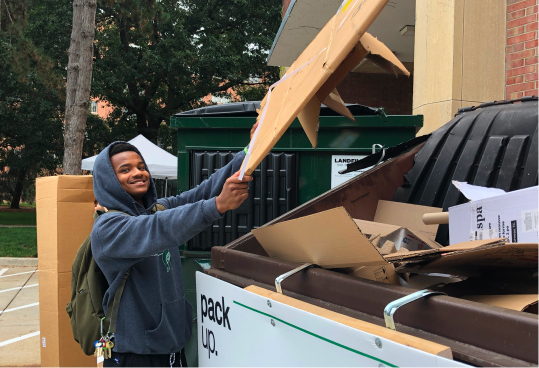At Michigan State University, students, staff and faculty enjoy an expansive 5,200 acres of beautiful campus space every day. Whether you are traveling to campus from another corner of the state, or simply trying to make it to your 10:20 a.m. class on time, traveling the distance can get tricky. Thankfully, MSU has many convenient and sustainable transportation options for all.
